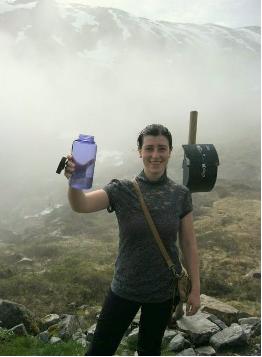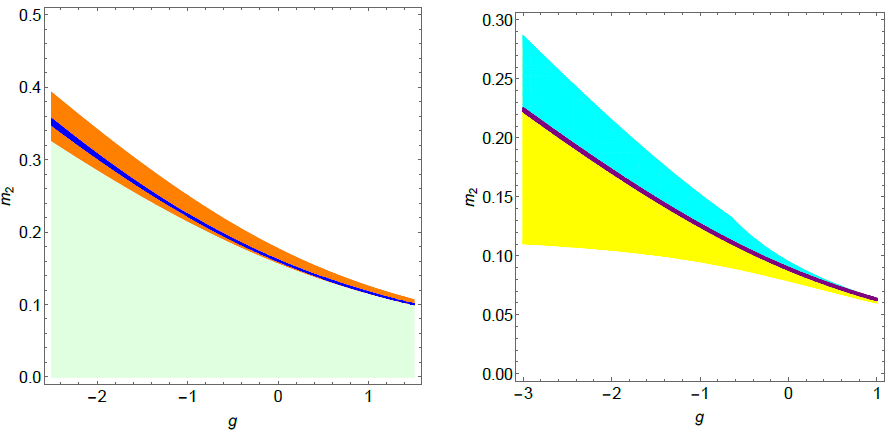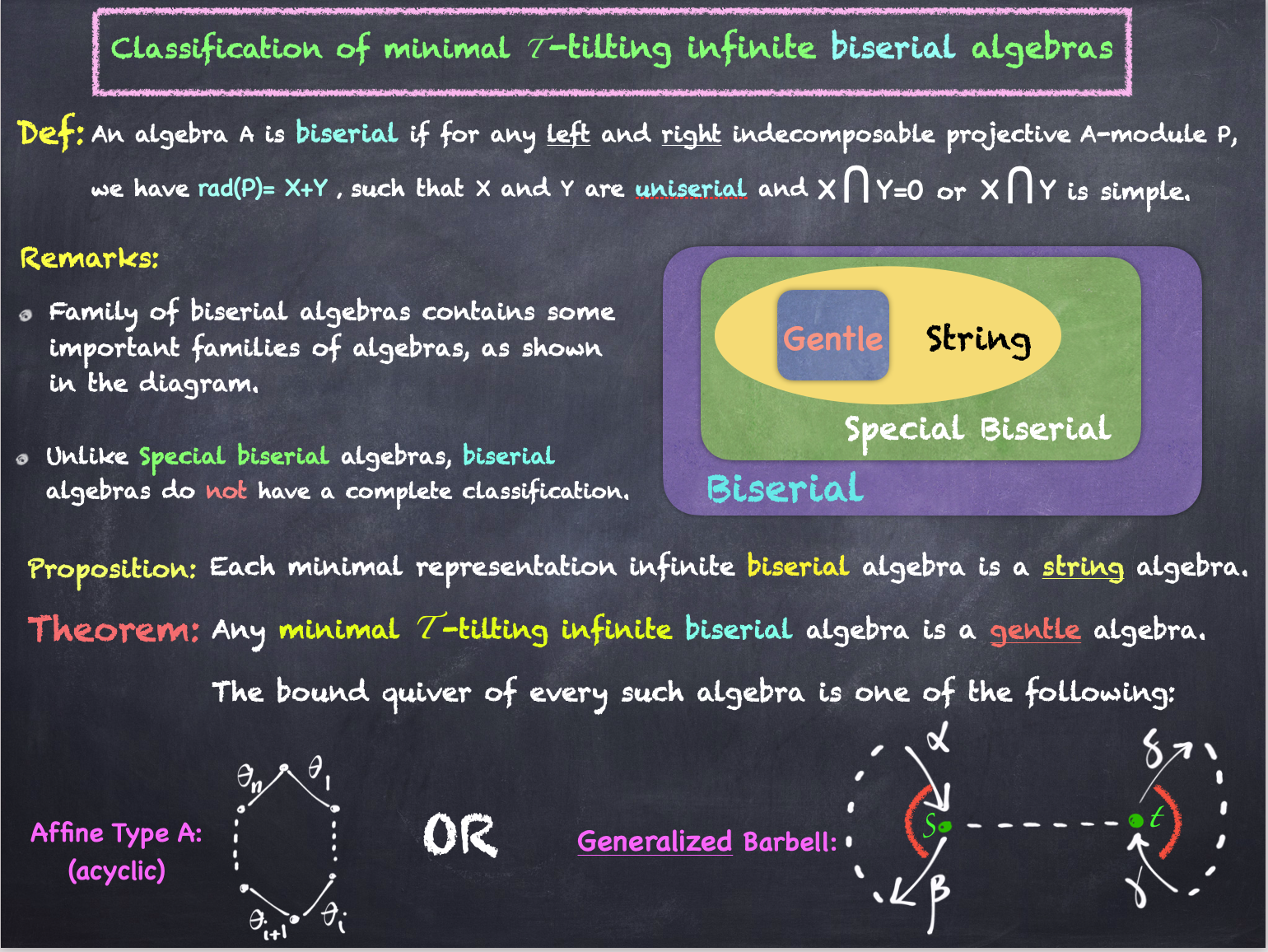Statistics Seminar
Monday, October 20th, 2021
Time: 11:00 a.m. Place: Jeffery Hall 225 & Online via Zoom (contact Brian Ling for Zoom link)
Speaker: Simon Barthelmé (CNRS, Gipsa-lab)
Title: Kernel matrices in the flat limit
Abstract: Kernel matrices are ubiquitous in statistics and machine learning. Within Bayesian statistics they occur most often as covariance matrices of Gaussian processes, in non-parametric or semi-parametric models. Most of the theoretical work on kernel methods has focused on a large-$n$ asymptotics, characterising the behaviour of kernel matrices as the amount of data increases. Fixed-sample analysis is much more difficult outside of simple cases, such as locations on a regular grid.
In this talk I will describe a fixed-sample analysis that was first studied in the context of approximation theory by Fornberg \& Driscoll (2002), called the "flat limit". In flat-limit asymptotics, the goal is to characterise kernel methods as the length-scale of the kernel function tends to infinity, so that kernels appear flat over the range of the data. Even though flat kernel matrices may seem trivial, because their rank goes to one, detailed analysis reveals very interesting structure. We have been able to show that the eigenvectors and eigenvalues in that regime are tightly related to orthogonal polynomials or splines, depending on the smoothness of the kernel.
With the results on the spectrum of kernel matrices in hand, one may study a wide range of kernel methods. In this talk I'll describe an application to Gaussian Process regression. Results show that Gaussian process regression tends in the flat limit to (multivariate) polynomial regression, or (polyharmonic) spline regression, depending on the kernel. Since these methods are simpler, the results may have practical implications for GP regression.





